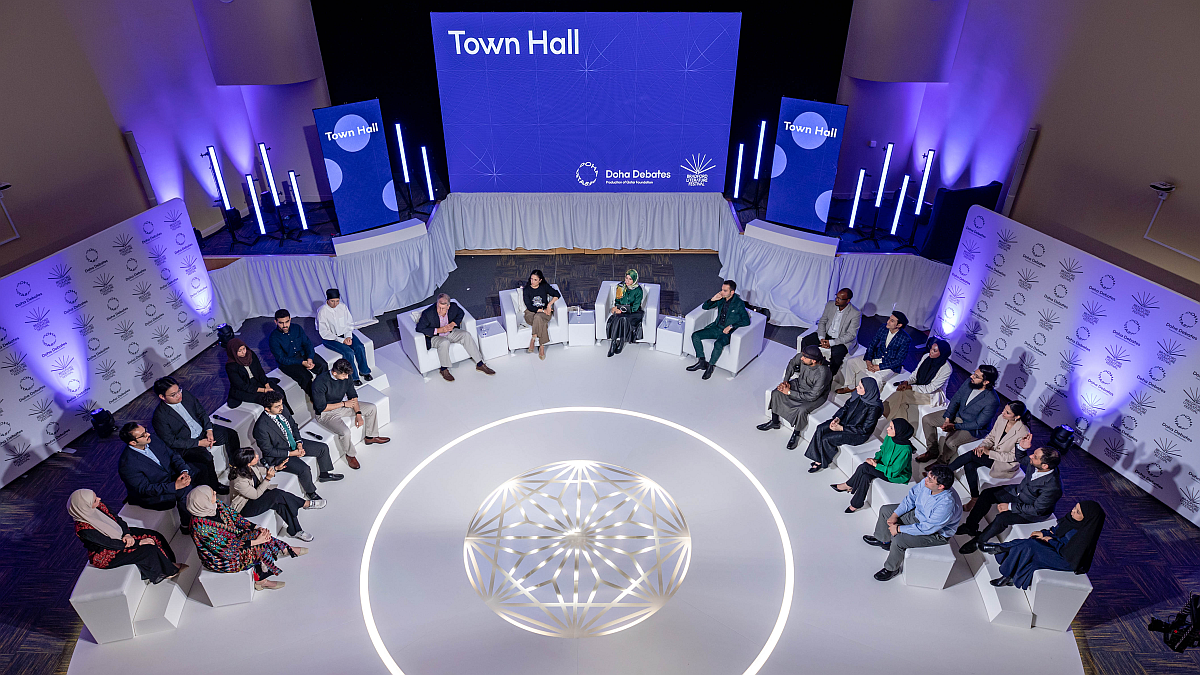The pensioner Wolfgang P. had posted in early March – with reference to the house search at Blmel’s – among other things: “The current turquoise leadership is only corrupt and power-hungry. And even if the laptop-less Blmel complains, this party is forgetful or corrupt.” Blmel actually sued him, criminally for defamation and at the commercial court for cease and desist including an injunction.
The first was successful at least once in the first instance, P. was sentenced to a partial fine of 4,200 euros – and has appealed against it. The second has now also failed in the second instance. Because the Higher Regional Court of Vienna appealed to by Blmel after the rejection of an interim injunction (by appeal) was of the same opinion as the commercial court.
A “critical rating”
The average addressee of this Twitter posting will not understand the incriminated statement to mean that the plaintiff should be accused of criminal behavior – but rather as a critical assessment of the actions of the “turquoise leadership” including Blmel, is set out in the OLG decision.
The wording “may be a roughly formulated dissatisfaction and evaluation”. But Article 10 of the Human Rights Convention protects “not only stylistically high-quality, factually presented and high-quality evaluations, but any judgment of unworthiness that does not culminate in an excessive evaluation”. P. did not commit such a thing. Because for his statement there is a “sufficient, albeit thin, factual substrate”. So the utterance incriminated by Blmel is covered by the right to freedom of expression.
The finance minister was right that the investigations against him alone could not justify such a statement. But, notes the Higher Regional Court Vienna, the well-known chat messages between Blmel and Thomas Schmid or Schmid and ex-Novomatic boss Harald Neumann (about the “short appointment” because of donations and the Italian problem, “do it for me”) would suggest “a certain nepotistic attitude” on the part of the persons acting for the TP. In addition, the OLG refers to Blmel’s U-Committee statement that he does not have a laptop – and notes: “Shortly afterwards, photos were published showing the plaintiff working on the laptop.”
Blmel can at best file an extraordinary legal remedy against this decision of the Higher Regional Court – an appeal on a revision level. To do this, however, he would have to be able to prove that the OLG incorrectly assessed a legal question of considerable importance for legal unity, legal security and legal development.
Source From: Nachrichten




